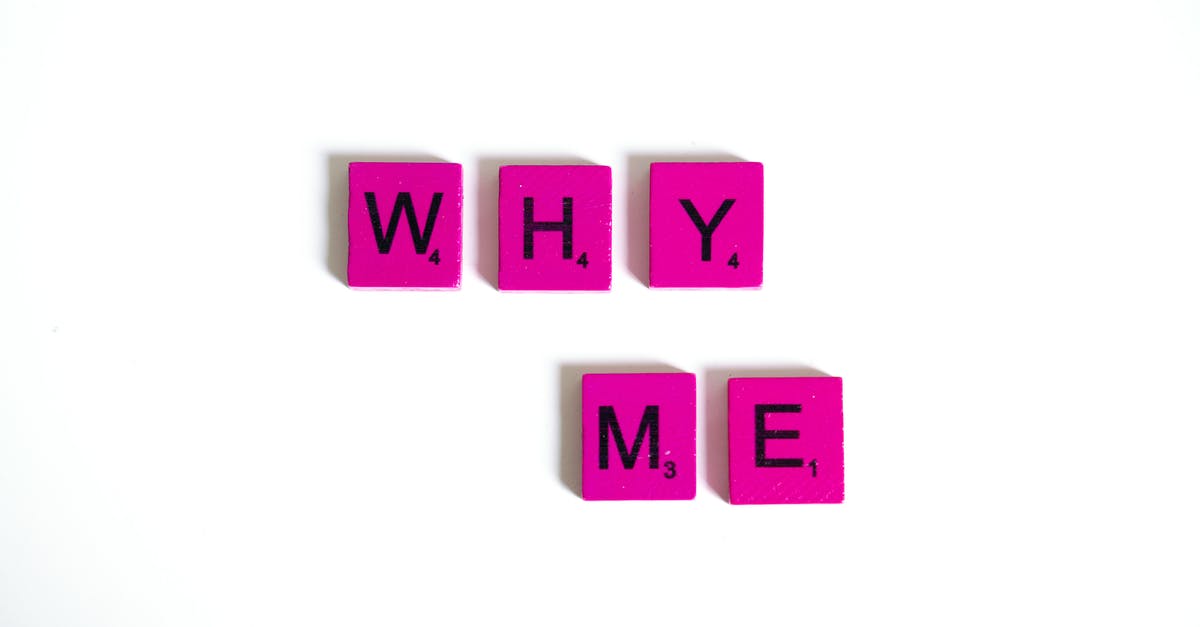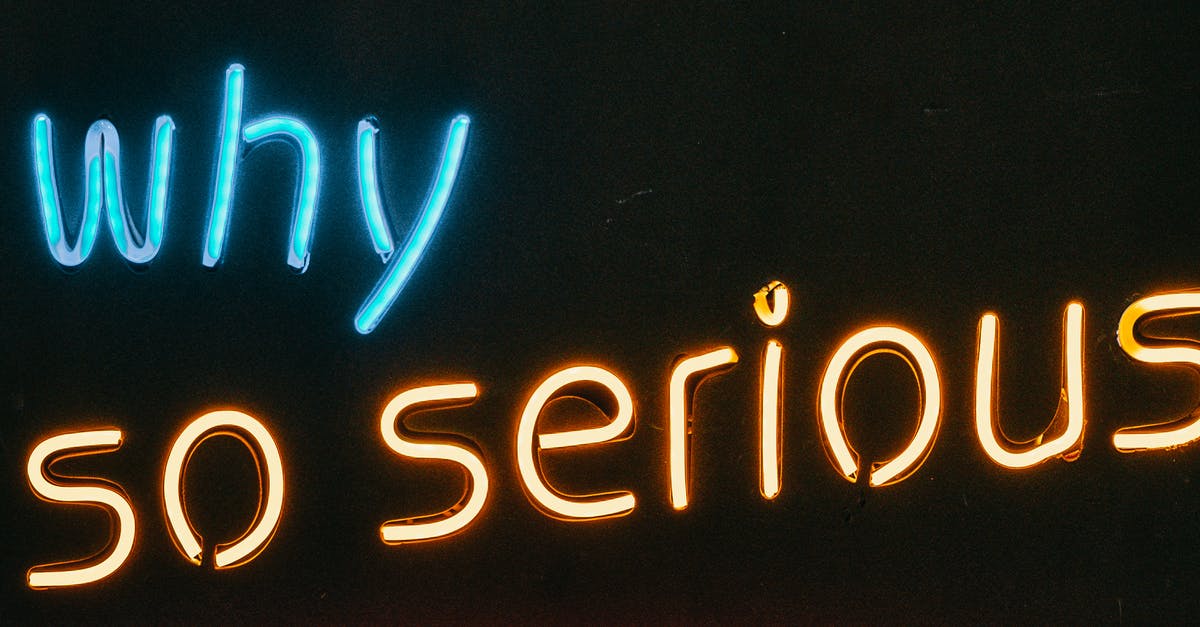Shaken, not stirred...but why?

Most people are probably familiar with the line from James Bond, "Vodka Martini, shaken not stirred." What I have never figured out is "why would it make a difference?"
I have tried making martinis both ways and perhaps I don't appreciate the subtleties of a fine martini to notice the difference, but I don't.
What difference does it make between shaking and stirring a martini and how is that difference (if any) created?
Best Answer
Wikipedia has a whole article dedicated to this question! Various possible reasons for Bond's preference are given; the last paragraph in this quote seems like the most solid explanation:
"Shaken, not stirred" is a catchphrase of Ian Fleming's fictional British Secret Service agent James Bond, and his preference for how he wished his martini prepared.
[...]
Scientists, specifically biochemists, and martini connoisseurs have investigated the difference between a martini shaken and a martini stirred. The Department of Biochemistry at the University of Western Ontario in Canada conducted a study to determine if the preparation of a martini has an influence on their antioxidant capacity; the study found that the shaken gin martinis were able to break down hydrogen peroxide and leave only 0.072% of the peroxide behind, versus the stirred gin martini, which left behind 0.157% of the peroxide. Thus a shaken martini has more antioxidants than a stirred one. The study was done at the time because moderate consumption of alcohol appears to reduce the risk of cataracts, cardiovascular disease, and stroke, none of which afflict Bond.
Andrew Lycett, an Ian Fleming biographer, believed that Fleming liked his martinis shaken, not stirred because Fleming thought that stirring a drink diminished its flavour. Lycett also noted that Fleming preferred gin and vermouth for his martini. It has also been said that Fleming was a fan of martinis shaken by Hans Schröder, a German bartender.
A part of Ian Fleming's James Bond character was based on people in his surroundings. One such influence was his friend Bernhard von Lippe-Biesterfeld, who drank his vodka martini as Bond did, always shaken, not stirred.
Some connoisseurs believe that shaking gin is a faux pas, supposedly because the shaking "bruises" the gin (a term referring to a slight bitter taste that can allegedly occur when gin is shaken). In Fleming's novel Casino Royale, it is stated that Bond "watched as the deep glass became frosted with the pale golden drink, slightly aerated by the bruising of the shaker," suggesting that Bond was requesting it shaken because of the vodka it contained. Prior to the 1960s, vodka was, for the most part, refined from potatoes (usually cheaper brands). This element made the vodka oily. To disperse the oil, Bond ordered his martinis shaken; thus, in the same scene where he orders the martini, he tells the barman about how vodka made from grain rather than potatoes makes his drink even better.
Other reasons for shaking tend to include making the drink colder or as Bond called it, ice-cold. Shaking increases convection thus making the drink far colder than if it were to be stirred. Shaking is also said to dissolve the vermouth better making it less oily tasting.
While properly called a Bradford, shaken martinis also appear cloudier than when stirred. This is caused by the small fragments of ice present in a shaken martini. This also brings into question the movie versions which are never cloudy.
[...]
Through multiple letters in New Scientist's Last Word section (June 5–11, 2010), the mystery has been solved. When Ian Fleming was writing, most vodka was produced from potatoes and potato vodka has an oily aftertaste. Today's grain vodka has no oily aftertaste. Experimenters found that potato vodka shaken with ice tasted less oily than did potato vodka stirred with ice.
From: http://en.wikipedia.org/wiki/Shaken,_not_stirred#Purpose_of_shaking
On a side note, that Wikipedia carries weighty articles like this should be reason enough to give in to their yearly pleas for a donation. ;)
Pictures about "Shaken, not stirred...but why?"



Quick Answer about "Shaken, not stirred...but why?"
If you say that someone has been shaken but not stirred by an experience, you mean that they have been slightly disturbed or emotionally affected by it, but not deeply enough to change their behaviour or way of thinking.Why do they say shaken not stirred?
Shaking rather than stirring a Martini has two principal effects. One: the rapid movement of ice in shaker melts more of the ice than gentle stirring, thereby diluting the drink. Two: the drink is likely to be cloudy rather than clear. For Martini drinkers, both effects are undesirable.Is there really a difference between shaken and stirred?
Stirring merely chills and dilutes a cocktail whereas shaking additionally changes its texture. The ice, being violently shaken about inside the shaker, also aerates the drink with tiny air bubbles, which are held in suspension in the liquid, giving the cocktail a cloudy appearance.Did James Bond ever say shaken not stirred?
The underlying ingredients for a martini cocktail are your choice of spirit and vermouth. "Originally, martinis were created using gin, hence why Bond always stipulates 'vodka martini.Why Does James Bond Like His Martinis Shaken Not Stirred?
Sources: Stack Exchange - This article follows the attribution requirements of Stack Exchange and is licensed under CC BY-SA 3.0.
Images: Anna Tarazevich, Thirdman, Meruyert Gonullu, Thirdman
